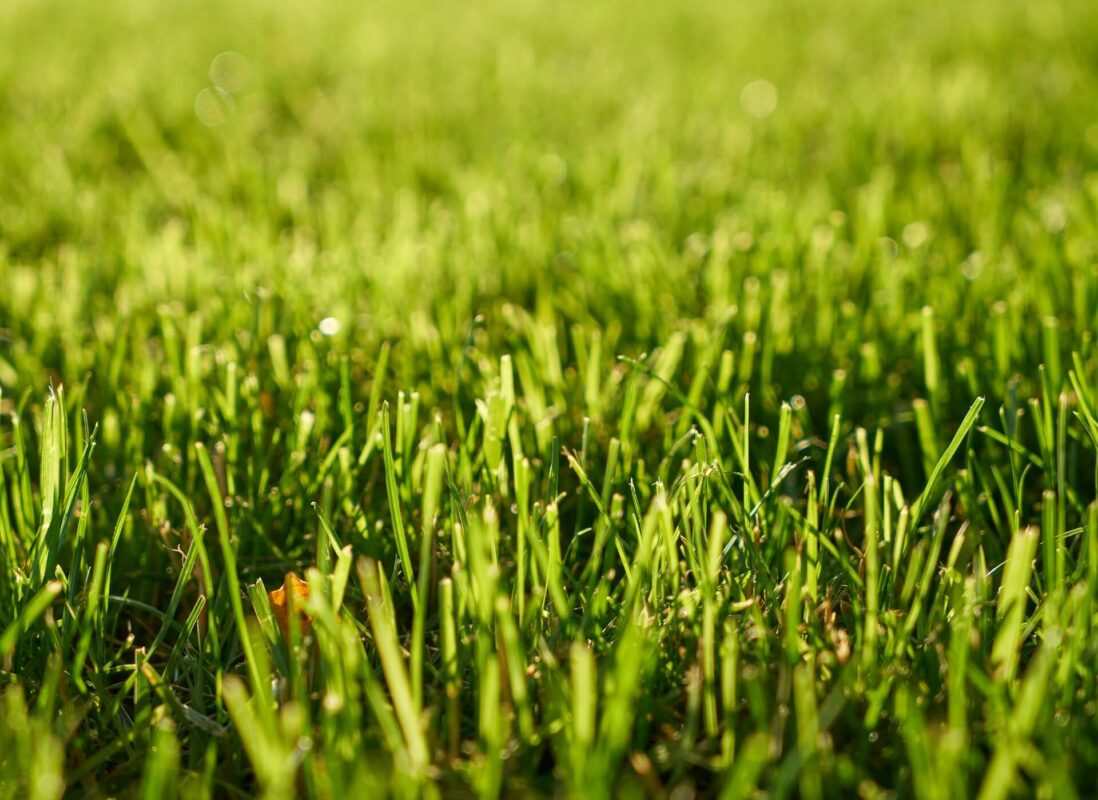Prepare For the Future with a Plan for the Now

At Nature’s Seed, we’re proud to associate with such hard-working, independently-minded customers. By choosing to purchase and plant seed yourself, you’re an example of the great American do-it-yourself attitude. Folks like you aren’t afraid to get your hands dirty. Along with this lifestyle comes the wisdom and understanding that there are events and situations beyond our control that may be wise to prepare for.
Common Sense Emergency Preparedness
With a successful television show on National Geographic, a million blogs, and a billion YouTube videos showing tips, techniques, and colorful characters, prepping has become a minor American pastime. If you looked inside my basement storage room you will see a growing supply of food with shelf lives at two years or longer, and my closet may have a substantial supply of .22 ammunition next to a little, single shot rifle. On my next shopping trip I will get a gallon of bleach to make sure my untreated city water will last inside the storage containers my wife and I are collecting.
Sounds like I am ready for Doomsday Preppers, doesn’t it? But not really, much of what we see in prepping today is just a continuation of 1980s survivalism. Large stores of hidden food, fears of massive government interventions, and emphasis on a lot of combat style guns is great for creating excitement, but it is not great for real life situations in the future, nor does it have much relevance for the now.
Financial Stability the Foundation of All Future Planning
For any system of preparedness to work for an unknown future, things have to be in order in the present. A great example of this is my great-grandpa. He was known as being a successful farmer. He was able to do a good job of growing crops and a great job of selling them. But he would also mortgage the farm to pay for the year’s seeds and supplies, a very common practice even now for many small farmers. The system worked very well until the Great Depression hit. Then he lost the farm, and with it his independence. It didn’t fail because he didn’t have a great plan for the future, he failed because his future plan relied on a broken plan for the present.
I admit my own plans for the future get knocked around a lot by my present position not being up to snuff. In a society where excessive credit card debt is the norm and savings are nonexistent for most people, I feel comfortably safe in saying that we all need to look a lot more at the present before we spend a lot of time and cash on a future that may never happen.
Here are a few things to think about whether you call yourself a prepper or not:
- Stay out of debt. A house or a car are things that may need a loan, but if you don’t expect to wear the car out or chose to pay for a house or car that is built for impressing rather that basic functionality you might want to rethink your priorities.
- Manage today’s finances well. If you cannot manage your money you will not be able to manage your resources in a disaster situation.
- Store simple items that you eat every day for food storage. This way they can be a part of a rotation and not something that you have to throw away when they go out of date.
- Staying out of debt is especially true of prepper items. If you cannot pay cash for it, it will not help you during an emergency.
Take some time to think it out, then sit down and write out a plan for getting the now under control. Once that is done, you can take some of your excess and get prepared with a good foundation.
Manana!

